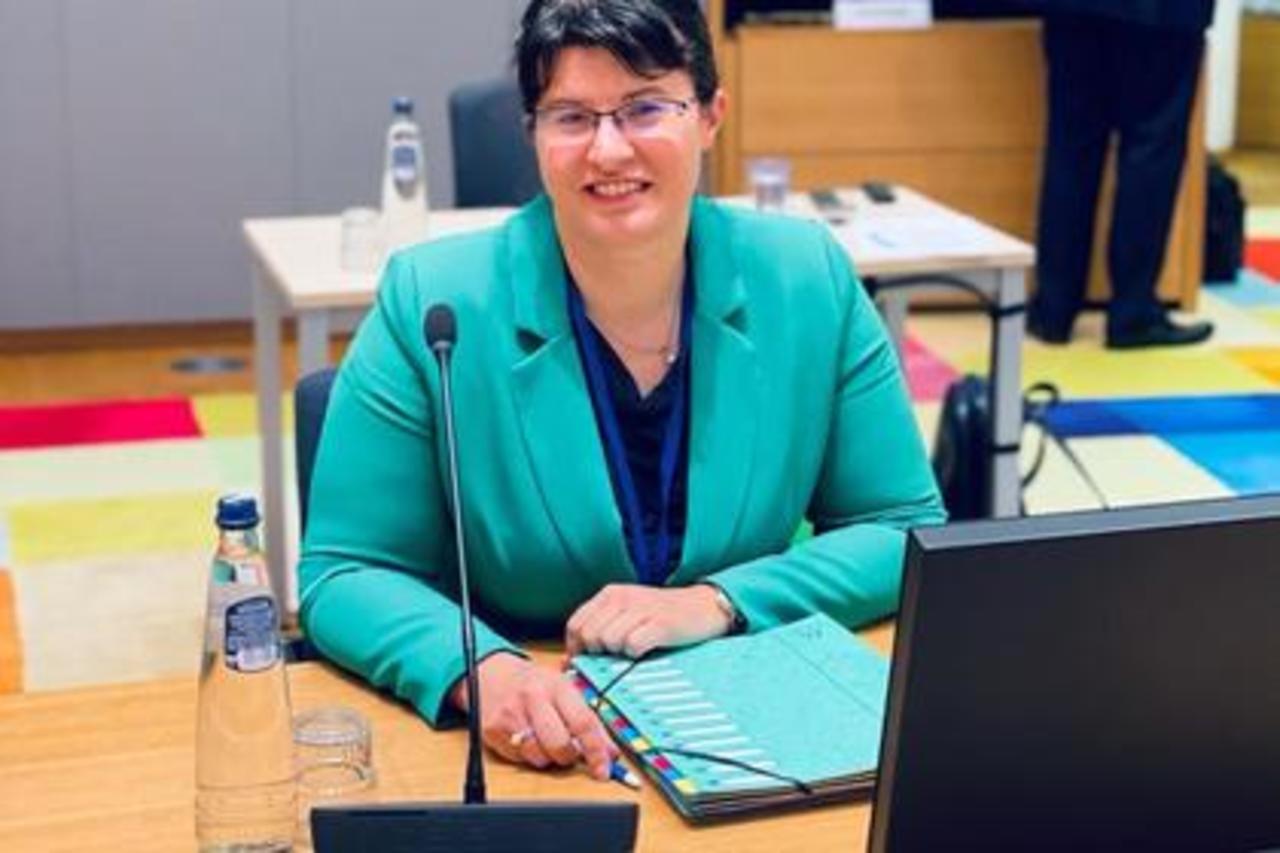
The regular September meeting of the EU General Affairs Council took place in Brussels. Bulgaria was represented by the interim head of the permanent representation of our country to the EU, Deputy Permanent Representative Ivanka Tasheva.
European ministers began their work by preparing the agenda and topics for the forthcoming regular meeting of the European Council in October.
The previously proposed topics, which received support from the ministers, are:
COVID-19, digitization and external relations. Bulgaria, together with other Member States, noted the added value of including a discussion on migration following the leaders’ conclusions of June 2021. In the context of external relations, the country focused on the forthcoming summits of EU-ASEM and EU-Eastern Partnership. “We expect the summit with the Eastern Partnership to adopt ambitious goals for the period after 2020, as well as a joint declaration that reflects our shared strategic vision for the future of the initiative,” Ivanka Tasheva stressed.
The Ministers discussed coordinated action in response to COVID-19. “The European digital certificate is a success that has already facilitated and made travel safer within the Union, as well as helping to revitalize economies and tourism. It is extremely important for Bulgaria to be able to issue a certificate of puled-through illness based on rapid antigen tests.
In the spirit of global solidarity, our country has provided vaccines to countries in the Western Balkans, as well as to other needy third countries,” the head of the Bulgarian delegation stressed in his speech.
The Council also discussed relations with the United Kingdom, in particular the implementation of the Protocol on Northern Ireland. EC Vice-President Maroš Šefčovič briefed ministers on his visit to Dublin and Belfast in early September. The purpose of this visit was to hear the concerns of all stakeholders, business and civil society in Northern Ireland and Ireland and to be taken into account in defining the EC measures.
Maroš Ševčovič also informed the ministers about the latest developments in relations with the Swiss Confederation, after Bern unilaterally terminated the negotiations on the Framework Agreement on Institutional Issues.
Next, ministers discussed the EU’s legislative priorities until the autumn of 2022 in the context of the letter of the European Commission President on the intent of the Commission and the EC’s Annual Strategic Forecasting Report. Climate change and other environmental challenges have been identified as priority areas; digital hyperconnection and technological transformations; the pressure on democratic governance models and values; changes in the global order and demographics.
The Council also discussed the holding of the Conference on the Future of Europe, focusing on the European Citizens’ Panels formed with the participation of 800 randomly selected citizens.